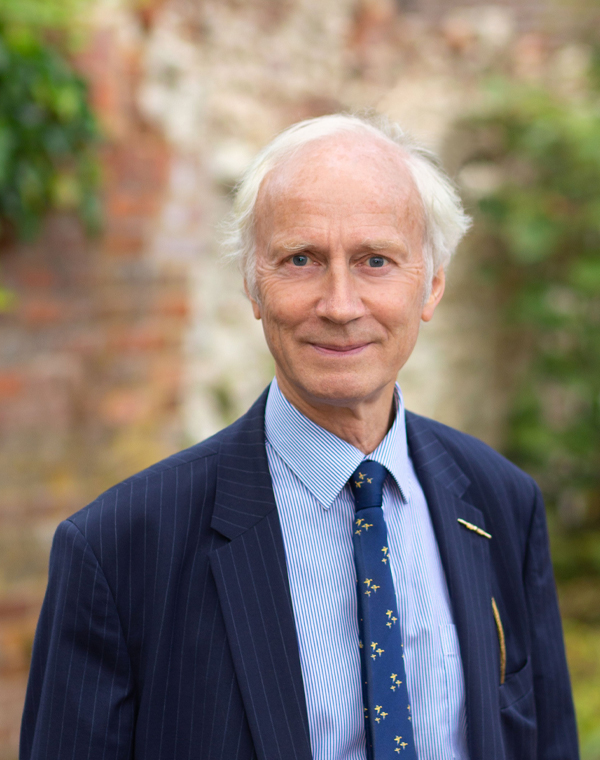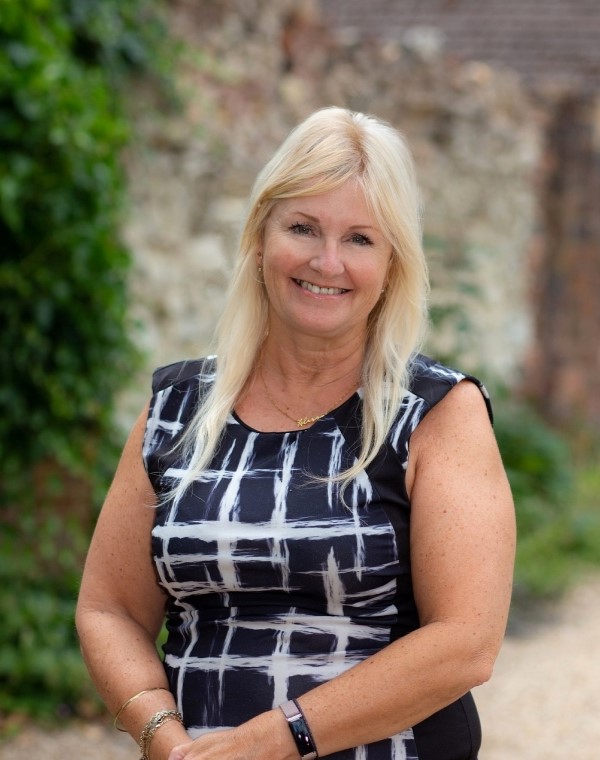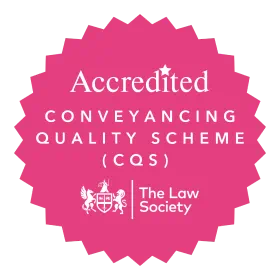We offer a wide range of private client services, including advice on Wills, trusts and probate, Inheritance Tax planning and Lasting Powers of Attorney. Our experienced team offers clear, practical advice combined with a personalised service that will help you navigate even the most sensitive of issues and ensure your matters are handled according to your wishes.
Areas of expertise
Wills
There are key events such as buying a house, getting married, having children or getting divorced which prompt people to make or amend a Will. However, it is important at every stage of life to complete a Will to ensure that your affairs are in order, as no one can be certain as to what the future holds. Whether you want to create a Will or review an existing one, Downie & Gadban will be able to assist you, making sure your Will is explained clearly with no legal jargon and your wishes are accurately reflected, ensuring your loved ones are protected after you have gone.
Inheritance Tax Planning
When you come to see us regarding your Will, we will provide you with general advice regarding Inheritance Tax based on the details you have given us. However, we can also provide you with more specific, detailed advice regarding Inheritance Tax in relation to lifetime gifts, Inheritance Tax exemptions and reliefs and how these could affect your family in the future.
CONTACT US
If you wish to discuss wills, probate, trust or powers of attorney with us, please call Simon Acworth on 01420 81276 or Alison Courtenay on 01420 81271. Alternatively, please fill in the form below.
Powers of Attorney
Many people do not realise the importance of Lasting Powers of Attorney until it is too late. It is crucial to make sure that you have your Lasting Power of Attorney in place to ensure that if you lose capacity or you are unable to deal with your affairs that you have someone who you trust appointed to act on your behalf. Our team can draft new Lasting Powers of Attorney to reflect your instructions and preferences, which we will register with the Office of the Public Guardian on your behalf. We can also assist in preparing General Powers of Attorney and registering existing Powers of Attorney, including Lasting Powers of Attorney and Enduring Powers of Attorney, with the Office of the Public Guardian.
While it is no longer possible to create Enduring Powers of Attorney, as they have now been replaced by the new Lasting Powers of Attorney, if you made an Enduring Power of Attorney before October 2007, whether registered or unregistered, you can still continue to use it. Enduring Powers of Attorney can only be used for decisions relating to property and financial affairs, whereas the new Lasting Powers of Attorney now give the option to provide wishes in relation to your health and welfare and these can be completed in addition to your existing Enduring Power of Attorney.
A General Power of Attorney, unlike Lasting Powers of Attorney and Enduring Powers of Attorney, can only be used when you have capacity and are only valid for a year from the date you sign them. They are most commonly used by people who live abroad and need someone to deal with their affairs in the UK.
Probate
Losing someone close to you can be a difficult and emotional time. Here at Downie & Gadban, we are able to support you through this process, providing clear and practical advice and guidance to help minimise the stress of dealing with a loved one’s estate. After someone dies, it is important that their liabilities are paid, and their assets distributed correctly in accordance with their Will or the rules of intestacy. We are able to advise and assist you through the steps leading to an obtaining a grant and completing the administration process.
Trusts
Trusts can be created during your lifetime and by your Will. They are a useful way to assist in tax planning and to preserve assets. At Downie & Gadban, we are able to assist you with the drafting and administration of trusts.
Frequently asked questions
What is a Will?
A Will is a legal document that allows you to specify who you would like to inherit your estate after you have died.
Why should I make a Will?
There are many reasons why you should complete a Will. However, the most important of these is that if you die without a Will in England or Wales then the law of intestacy will decide who inherits your estate, and this may not be who you would have chosen. A Will should be considered as an investment to safeguard your family’s or loved ones’ futures.
Is it difficult to make a Will?
Our solicitors can guide you through this process and make it as straightforward and stress-free as possible. We will explain your options in plain English, avoiding legal jargon, to ensure your Will accurately reflects your wishes.
Why should I instruct a solicitor to prepare my Will?
It is important to instruct a solicitor to draft your Will to ensure that it is properly executed and reflects your wishes. A poorly drafted Will could result in additional and unnecessary expense and potential disputes between your beneficiaries. In addition to this, solicitors belong to a regulated profession (Downie & Gadban is regulated by industry body, the Solicitors Regulation Authority) so in the rare case something were to go wrong, we are fully insured.
What is an executor?
In order for your estate to be distributed after your death, you should appoint at least two executors to carry out your wishes. An executor must be over the age of 18 and will be responsible for sorting all aspects of your affairs after you have died, including notifying people of your death, arranging your funeral, collating information regarding your assets and liabilities, and distributing your estate to your chosen beneficiaries. Appointing an executor ensures that matters are able to be dealt with in a simple and efficient manner at difficult time in your friends’ and families’ lives. In the event that you do not have a Will, the Court will appoint an administrator to distribute your estate, and this may not be the person who you would have trusted to do so.
What is a beneficiary?
The people who you would like to benefit from your estate are called beneficiaries. A person named as an executor in your Will can also be a beneficiary of that Will. It is also possible for a young child to be named as a beneficiary of a Will; however, their share of your estate will be held on trust by the trustees named in your Will until they reach the age of 18.
Do I have to leave everything to my immediate family?
You are not obliged to leave anything to members of your family in your Will. However, if you have any children or family members who are financially dependent on you then they could contest your Will and claim a share of your estate if successful. It is essential to seek legal advice if you wish to exclude someone who may have a claim against your estate from your Will.
I have just got married. Do I need to make a Will?
In the event of a marriage it is important to complete or review your Will, as marriage revokes a Will unless specifically stated otherwise in your previous Will.
I am recently divorced. Should I make a Will?
It is important to complete a Will prior to or immediately following a divorce, as on divorce any gift in your old Will to your ex-spouse is cancelled, as is his/her appointment as executor, but the rest of the Will stands. This can create problems, so it is better to make a new Will.
How do I execute my Will?
For a Will to be properly executed, you are required to have two witnesses who must be over the age of 18, have the capacity to understand what they are doing and must be able to see you sign your signature. The witness cannot be a beneficiary or a spouse of a beneficiary. If you prepare a Will with a solicitor, they will usually provide witnesses on your behalf.
Can I specify who will look after my children if I die before they reach the age of 18?
Yes, if you have young children then you can specify in your Will who you would like to be their guardian in the event something were to happen to you and any other person with parental responsibility before they reach the age of 18. In the event that you do not have a Will, then the Court will appoint guardians instead, and this may not be the person or people you would have preferred.





